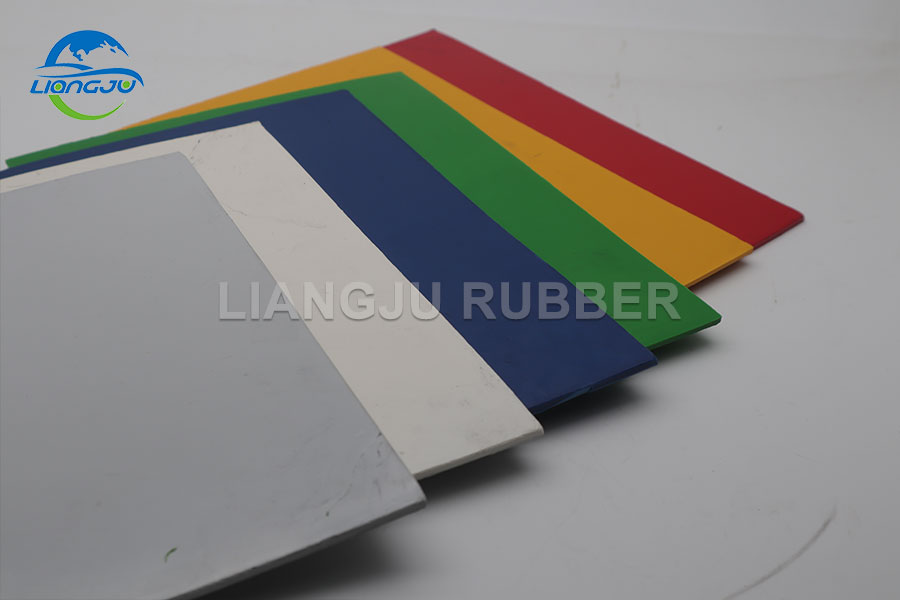Unveiling the Impact of Vulcanization on the Performance and Characteristics of NR Rubber Compound
2024-02-27
Introduction:
Rubber, a versatile material, finds extensive use in various industries due to its remarkable elasticity, durability, and resilience. Among the different types of rubber, Natural Rubber (NR) stands out for its exceptional properties derived from its organic origins. However, to optimize its performance for specific applications, NR undergoes a crucial process known as vulcanization. In this blog, we delve into the intricacies of vulcanization and explore its profound effects on the performance and characteristics of NR rubber compounds.
Understanding Vulcanization:
Vulcanization is a chemical process discovered by Charles Goodyear in the 19th century, revolutionizing the utility of rubber. It involves the cross-linking of polymer chains in rubber molecules through the addition of sulfur or other cross-linking agents, under controlled temperature and pressure conditions. This process transforms the raw, malleable NR into a durable, elastic material with enhanced mechanical properties.
Impact on Mechanical Properties:
The vulcanization process significantly influences the mechanical properties of NR rubber compounds. One notable effect is the enhancement of tensile strength and elongation at break. Cross-linking of polymer chains imparts structural integrity, making the rubber less prone to deformation and tearing under stress. Consequently, vulcanized NR exhibits improved resistance to wear and abrasion, making it suitable for demanding applications in automotive tires, conveyor belts, and industrial seals.
Moreover, vulcanization enhances the modulus of elasticity of NR rubber, resulting in better dimensional stability and resistance to compression set. This property is particularly crucial in sealing applications where the rubber must maintain its shape and integrity over prolonged periods, even under varying environmental conditions.
Effect on Chemical Resistance:
Vulcanization also enhances the chemical resistance of NR rubber compounds. The cross-linked structure forms a barrier that limits the penetration of solvents, oils, and other corrosive substances, thereby extending the service life of rubber components. This property is invaluable in applications exposed to harsh chemicals, such as gaskets, hoses, and seals used in chemical processing plants and petroleum refineries.
Thermal Stability and Aging Resistance:
Another significant benefit of vulcanization is the improvement in thermal stability and aging resistance of NR rubber. Cross-linking imparts greater resistance to heat, oxidation, and UV radiation, reducing the degradation of rubber over time. As a result, vulcanized NR exhibits prolonged service life and maintains its mechanical properties even under elevated temperatures, making it suitable for outdoor applications and automotive components exposed to engine heat and sunlight.
Conclusion:
In conclusion, the vulcanization process plays a pivotal role in enhancing the performance and characteristics of NR rubber compounds. By cross-linking polymer chains, vulcanization imparts superior mechanical properties, chemical resistance, thermal stability, and aging resistance to NR rubber, expanding its utility across diverse industrial sectors. Understanding the intricacies of vulcanization is essential for optimizing the formulation of NR rubber compounds and tailoring their properties to meet the specific requirements of various applications, ensuring reliability, durability, and efficiency in engineering solutions.



